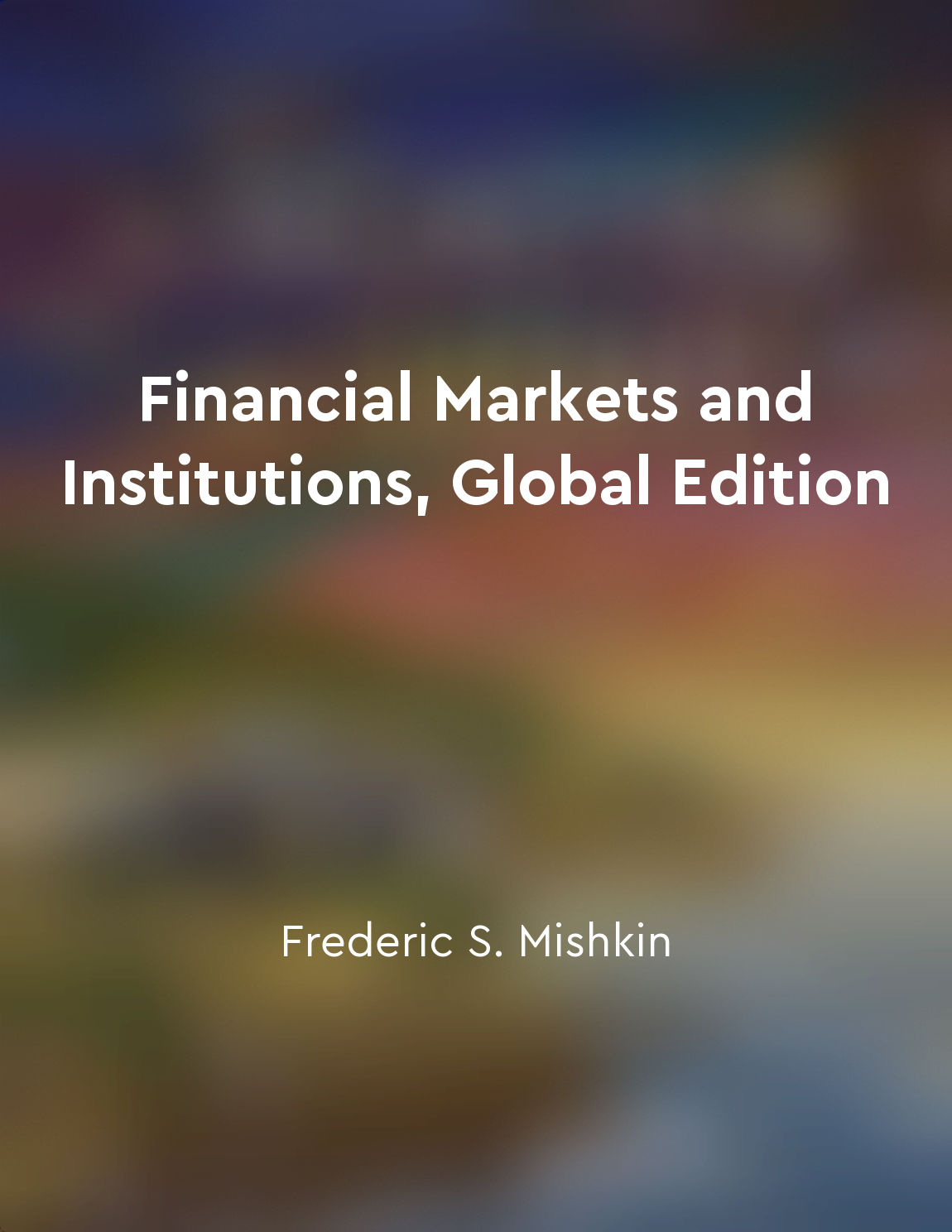Free markets don't always selfcorrect from "summary" of The General Theory of Employment, Interest, and Money by John Maynard Keynes
In free markets, the assumption is often made that they will naturally self-correct in the face of economic disturbances. This notion is based on the belief that prices and wages will adjust accordingly to restore equilibrium. However, this assumption does not always hold true in reality. When there is a significant decrease in aggregate demand, for example, prices and wages may not adjust quickly enough to restore full employment. This can lead to a situation where resources are underutilized and unemployment remains high. In such cases, the market mechanism alone may not be sufficient to bring about a quick and efficient recovery. Furthermore, the presence of rigidities...Similar Posts

The middle class expanded, but disparities in wealth remained
In the midst of all the prosperity that has come to characterize our society, there is a curious paradox that cannot be overloo...
The gold standard constrained policymakers' ability to adjust the money supply
The gold standard was a system in which the value of a country's currency was directly linked to a specific amount of gold. Und...
Banks suffered financial strain
The calamity that overtook banks in the late 1920s was not just a localized problem. It was a symptom of a broader malaise that...
Rational actors respond to incentives
When individuals make decisions, they weigh the costs and benefits of different alternatives. Rational actors are those who mak...
Savings may not always lead to investment
The relationship between savings and investment is a fundamental concept in economics. It is often assumed that an increase in ...

The affluent society must confront its social and economic disparities
The prevailing notion that an affluent society is a utopia where everyone thrives is a fallacy that must be confronted. The rea...
Equilibrium plays a crucial role in market stability
Equilibrium is a fundamental concept in economics. It represents a state where supply and demand are balanced, leading to stabl...

Financial innovation drives the development of new products
Financial innovation is a key driver in the development of new financial products. Innovations in financial markets have led to...
Herding behavior is prevalent among investors
Investors tend to follow the crowd, like a flock of sheep moving in the same direction. This herding behavior is not exclusive ...
Government can smooth business cycles
The idea that the government can smooth business cycles is a key concept in economics. Business cycles, which refer to the fluc...
